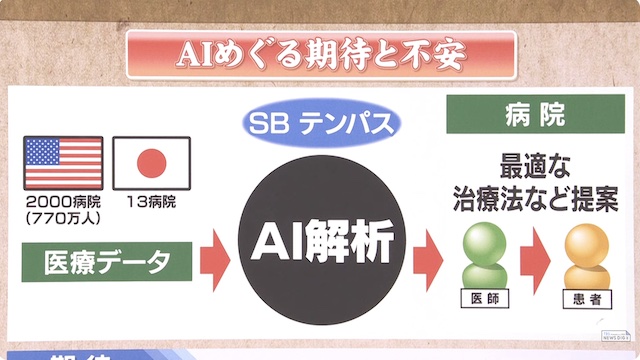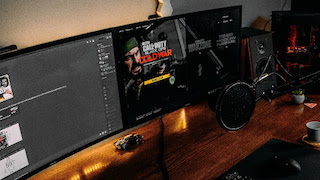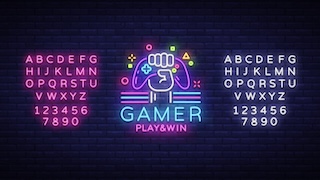DALIAN, Jun 30 (News On Japan) - AI continues to advance, significantly impacting various fields, including healthcare. We spoke with Masayoshi Son of SoftBank Group, who announced plans to use AI for analyzing medical data and aiding in cancer treatment, about the future of AI in healthcare.

At the World Economic Forum in China on Tuesday, AI was a major topic. Following the trend of becoming an AI powerhouse, China recently showcased advanced generative AI technology that rivaled America's cutting-edge AI in quality. For instance, images generated by AI depicting a boy throwing a hamburger at tropical fish swimming underwater have garnered attention. Prominent investor Warren Buffett recently warned that AI-powered fraud could become the fastest-growing industry, while Elon Musk highlighted AI as one of humanity's greatest threats. Despite these risks, AI holds the potential for numerous benefits.
In Japan, IT company GMO announced an AI-powered robot capable of navigating stairs and recovering from falls, aimed at addressing the expected labor shortage of 11 million workers by 2040. Additionally, an AI-powered automatic harvesting robot developed by a Miyazaki-based company can determine the optimal harvest time for vegetables, addressing labor shortages in agriculture.
In the medical field, AI could extend healthy lifespans. Tokyo's medical venture recently launched a system in March to aid in the early detection of gastrointestinal diseases. This AI system learns from data that would take a human doctor a lifetime to memorize and assists in diagnosing stomach cancer based on endoscopic images.
On Thursday, SoftBank Group also announced a plan to use AI to analyze medical data for cancer treatment. The strength lies in the volume of data shared. They are collaborating with an American company that holds medical data for half of the U.S. cancer patients, approximately 770,000 people, and are partnering with 13 core hospitals in Japan to integrate and analyze electronic medical records of cancer patients. This comprehensive data sharing and analysis could soon be realized in Japan, similar to the U.S.
AI's capabilities in analyzing diverse data types like CT scans, MRIs, blood tests, and genomic information are revolutionizing cancer treatment. For example, an AI system analyzing data from 770,000 cancer patients across 2,000 hospitals can identify treatment patterns and suggest the most effective treatments in real-time. New drugs are constantly being developed, and AI can streamline the process by instantly translating and analyzing the latest global research for Japanese doctors.
Son expressed his determination to prevent future tragedies, having lost his father to cancer last year. He emphasized the rapid advancements in AI, noting that the computational power of AI has increased a thousand-fold over the past four years and is expected to continue growing exponentially. This progress positions AI to surpass human capabilities in various fields, including medical diagnostics and treatment planning.
SoftBank’s AI project aims to integrate and analyze medical data from numerous hospitals, enhancing treatment efficiency and accuracy. With the potential to revolutionize healthcare, AI could bring unprecedented improvements to cancer treatment and other medical fields.
As AI technology continues to evolve, it will be crucial for Japan to embrace these advancements and avoid repeating past stagnations. The fusion of AI and medical technology promises to drive significant progress in healthcare, offering new hope for patients and medical professionals alike.
Source: TBS















